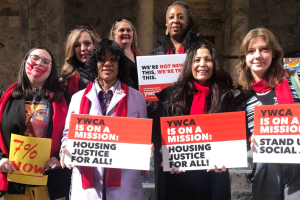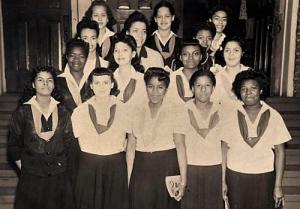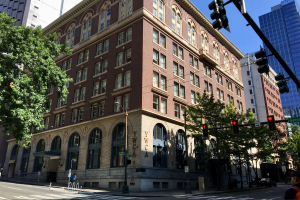Central Family Emergency Housing
Location
2820 E. Cherry Street
Seattle, WA 98122
United States
3800 S Myrtle St
Seattle, WA 98118
United States
Hours
No Hours Available.
Contact
Intake Line
This program specializes in providing culturally appropriate services to homeless families of color, including emergency housing at two enhanced shelters, and other shelter and transitional units throughout the City of Seattle.
We offer an on-site after school program, domestic violence support and advocacy, chemical dependency and mental health services, nurse services, a food bank, teen group and life skills workshops.
Eligibility & Enrollment
YWCA’s emergency shelter is open to families in the Seattle Central area whose median income is below 30%. If you have valid identification for all members of the family, and no active warrants or convictions for violent crimes, you may also qualify.
- Please call 206.245.1026 for an intake appointment.
Services Offered
Emergency Shelter
Related Events
Until Justice Just Is: Immigration, Myth vs. Fact
Start Date
12:00 pm
End Date
1:30 pm
Online
Join our online event on April 25, 2025
YWCA Celebrates Snohomish County
Start Date
4:00 pm
End Date
6:00 pm
Rosehill Community Center
Join us at the Rosehill Community Center in Mukilteo to learn about the great work of our YWCA in Snohomish County.



